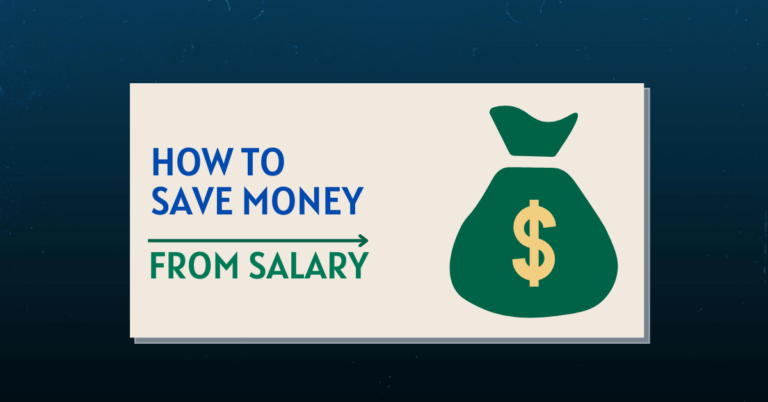How to Start Investment: A Beginners Guide
Investing can be a great way to build your wealth and attain financial security. But where do you start? This article will give you a step-by-step guide on how to start investment.
What is an Investment and Why Start Early?
An investment is an act of putting money into a venture or investment plan with the expectation of earning a profit. Many people choose to invest because they want to grow their wealth, but others do it to generate income or achieve other financial goals.
There are many different types of investments, from stocks and bonds to real estate and businesses. And there are many reasons to start investing, whether you’re looking to retire early or simply want to save for a rainy day.
Whatever your reason for investing, remember that it’s important to have realistic expectations and patience.
Types of Investment
There are many different types of investments that one can make. Each has its own set of advantages and disadvantages. Some of the most common kinds of investments are as follows.
1. Savings accounts
Its a low-risk investments that offer relatively low returns. Saving accounts are a good choice for investors who want to hold onto their money.
2. Bonds
Bonds are debt instruments that offer fixed returns. They are typically less risky than stocks, but they also tend to provide lower returns.
3. Stocks
A stock investment is when you buy shares of a company. You become a part-owner of that company and may make money if the company does well. If the company makes loss, you may lose money.
4. Mutual funds
Mutual funds are baskets of different securities, such as stocks and bonds, which are managed by professional money managers. They offer investors the ability to diversify their portfolio without having to purchase individual securities.
5. Exchange-traded funds (ETFs)
These are similar to mutual funds, except that they trade on an exchange, like a stock.
How to start Investment: Getting started
The best way to get started depends on your goals, timeframe and comfort level with risk.
If you’re just getting started, the most important thing is to educate yourself.
This doesn’t mean you need to become a financial expert, but you should have a basic understanding of investment concepts. Once you know the basics, you can start exploring different options and developing a plan that suits your needs.
If you’re unsure where to begin, consider working with a financial advisor. A good advisor can help you assess your goals and risk tolerance, and develop a personalized strategy for reaching your objectives.
Many investors find that working with an advisor makes the process less intimidating and more enjoyable.
Read This Post: How To Stop Overthinking: 5 Life Changing Tips
Deciding how much to invest
When it comes to deciding how much to invest, there are a few things to consider. First, what is your investment goal? Are you looking to simply grow your money, or do you need the money for a specific purpose? Second, Your risk appetite?
Higher-risk investments have the potential for higher returns, but they also come with more risk. Finally, what is your time frame? If you have a longer time frame, you can afford to take on more risk. But if you need the money sooner, you’ll want to be more conservative with your investment choices.
Making your first investment
Your first investment can be daunting. Where do you start? What are the risks? How do you know if you’re making a wise decision?
Here are a few tips to help you get started on your investing journey:
1. Do your research
Before investing in anything, it’s important to understand what you’re buying and the potential risks involved.
2. Consider your goals
What are you expecting to achieve by investing? Are you looking to grow your wealth over time, or generate income from dividends?
3. Start Small
Start with small amount and increse it gradually as per your capability. It is not necessary to have large capital before starting investment.
4. Be patient
Just like Rome wasn’t built in a day, your investment won’t grow overnight. You need to be patient and have realistic expectations for your investment to grow.
The benefits of starting early
There are many benefits to starting early when it comes to investment and finance. One benefit is that you have more time to let your money grow.
Another benefit is that you can take advantage of compounding, which is when your money grows at a faster rate because it earns interest on the interest that has already been earned. Starting early also allows you to take more risks, which can lead to higher returns.
And finally, starting early gives you a head start on saving for retirement. All of these benefits can help you reach your financial goals sooner. These were some common tips on how to start investment.






